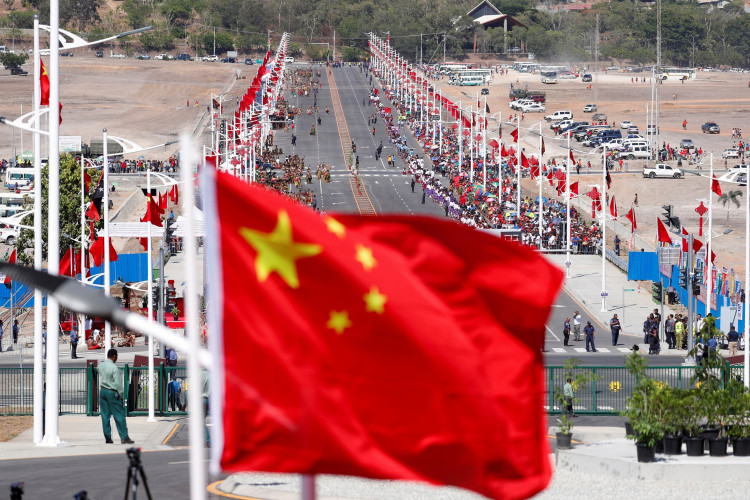The Chinese Communist Party's Central Committee elected President Xi Jinping to a second five-year term as general secretary, firmly returning the nation to one-man rule after decades of elite power-sharing.
On Sunday, Oct. 23, President Xi fficially began his third term as China's president. He also gave several of his closest Communist Party friends promotions, further solidifying his status as the country's most powerful leader since Mao Zedong.
After the vote was announced behind closed doors, Xi addressed the media in Beijing's Great Hall of the People, saying, "I wish to thank the whole party sincerely for the trust you have placed in us." In order to earn the tremendous trust of his party and the people, he vowed to work tirelessly in the fulfillment of their obligations. Also, Xi was given another term as chairman of China's Central Military Commission.
When the CCP's seven members of the Standing Committee were being introduced on Sunday, Xi, the general secretary of the party, took the lead in the procession. The 69-year-old is now almost set to win a third term as China's leader, which will be publicly declared in March during the annual legislative sessions of the government.
After a week-long Congress of 2,300 hand-selected party delegates, during which they confirmed Xi's "core position" in the leadership and authorized a comprehensive overhaul that saw previous competitors step down, he was formally installed. Around 200 senior party officials who made up the new Central Committee, chosen at the 20th Congress, assembled on Sunday to elect Xi and the other members of the Standing Committee, the highest body in Chinese politics.
There were several of Xi's closest allies named to the seven-person committee. Following his promotion to No. 2, Xi's confidant and former Shanghai party boss Li Qiang are now poised to be chosen premier during the government's annual legislative sessions in March. According to Xinhua news, Zhao Leji, Wang Huning, Cai Qi, Ding Xuexiang, and Li Xi are the other members of the Standing Committee.
Since taking over as president a decade ago, Xi has acquired a concentration of authority unmatched by any other leader of contemporary China besides Mao. In order to be able to rule indefinitely, he eliminated the two-term presidential term restriction in 2018.
Xi has also presided over China's rise to become the second-largest economy in the world, a significant military buildup, and a far more assertive global posture, all of which have sparked vehement American criticism.
Despite having almost unrestricted control, Xi will face numerous obstacles over the next five years, such as managing the country's debt-ridden economy and intensifying U.S. competition. On Sunday, he told the media that "China cannot develop without the world, and the world also needs China".





